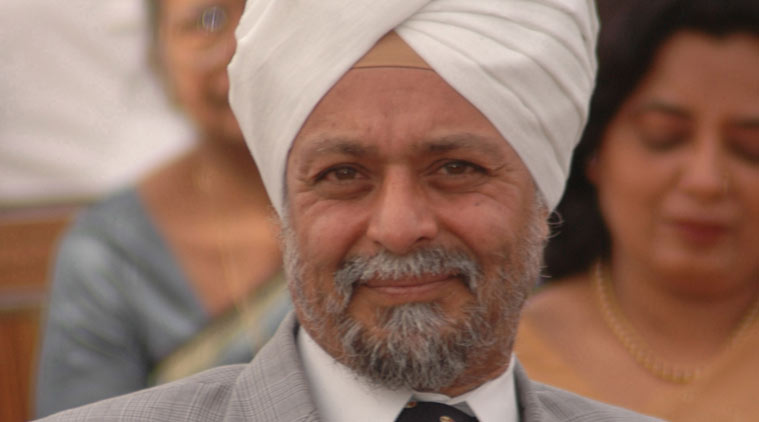The Chief Justice of India Hon’ble Justice Khehar has been on a roll ever since he was appointed as the Chief Justice of the apex court. He has made the headlines on more than one occasion courtesy his bold judgments and landmark decisions with intent to bring about unprecedented reforms. One of the latest judicial reforms sought to be brought about is the cutting short of the summer vacations amid mounting pendency before the highest court of the land which has already crossed the 60,000 mark. In this article we are going to discuss why this attempt was an opportunity to bring about a much needed reform but the same was wasted due to the failure on the part of the pleaders to discharge their duties in the administration of justice.
A cultural change and not just an extreme measure:
The intention of the Supreme Court seems to have been to create a cultural change whereby a substantial portion of the year is not spent in the form of vacations and the Courts at all levels go all out in fighting out the mounting pressure and pendency on the judicial system of India. Thus, the Supreme Court was supposed to hear more than 5,000 cases during the vacations and nineteen judges in the form of three five judge constitution benches and two regular vacation benches were to forgo their vacations in this praiseworthy attempt. These included major petitions involving grave matters such as the issue of Triple Talaq, Whatsapp privacy issue and the Assam citizenship issue.
The Chief Justice Hon’ble Justice Khehar went a step ahead and announced that the Court is ready to give up its vacation to hear issues of grave importance and to sit even on Saturdays and Sundays. In the past, usually four Supreme Court Judges used to sit in the form of two vacation benches for hearing urgent matters but the Chief Justice has taken the commitment of the judiciary to resolve the issue of mounting pendency to quite another level. The judiciary has shown that it is ready to forgo personal comfort and go in overdose to make sure that administration of justice takes place in an efficacious manner.
The Supreme Court virtually decided to keep the business as usual even during the summer vacations and this would have for sure had an effect in the culture of summer vacations which has been time and again come under severe criticism including the Prime Minister’s comments last year about unnecessary holidaying by the judges.
Lawyers’ reluctance plays the spoilsport:
The bold initiative taken by the Supreme Court was not met with popular support by the senior advocates but with utter disappointment. Thus, several senior lawyers including the Attorney General Mukul Rohtagi expressed dismay putting forth the argument that the highest Court of land must have taken the consent of the pleaders before going ahead with the move in accordance with judicial customs.
The Attorney General found support in Senior Counsel Supreme Court who argued before the Hon’ble Chief Justice that this causes inconvenience to the pleaders who may have to argue different cases before different benches. The former law minister Kapil Sibbal also argued that he would have to withdraw from one of the cases. “You may withdraw from all the cases” was Chief Justice’s stern reply.
The Supreme Court also gave an appropriate reply to the Attorney General’s apprehension that if the Attorney General (representing the Central Government) did not wish to cooperate with the Supreme Court, it should let that fact be known but then it should also stop accusing the Supreme Court of the mounting pendency and delay in delivery of justice. The onus has thus been shifted from the judiciary to the Central Government itself which had earlier stressed upon judicial delays.
Conclusion:
In the adversarial system that we have adopted, the advocates play an indispensable role. The bench cannot move ahead without adequate support from the bar in the process of ensuring justice.
Therefore, even though the Hon’ble Supreme Court was ready to place the welfare of the ordinary citizen above the summer vacations, the lawyers ’ fraternity played the spoilsport.
While the common man has full faith in the fact that the judicial system is effective enough to ensure that justice is done, there is an apprehension regarding the lengthy procedures and the amount of time taken in delivery of justice. The Supreme Court working throughout the summer vacation in almost full capacity would have gone miles ahead in demolishing this apprehension but for lawyers ’ reluctance.
The 2017 summers would go down in history as a wasted opportunity to bring about a highly needed and demanded reform. History would also be fair with the man of the moment Hon’ble Justice Khehar who led a fight against mounting pendency and sluggishness of the judicial process though not as successfully as he would have liked it to be.
